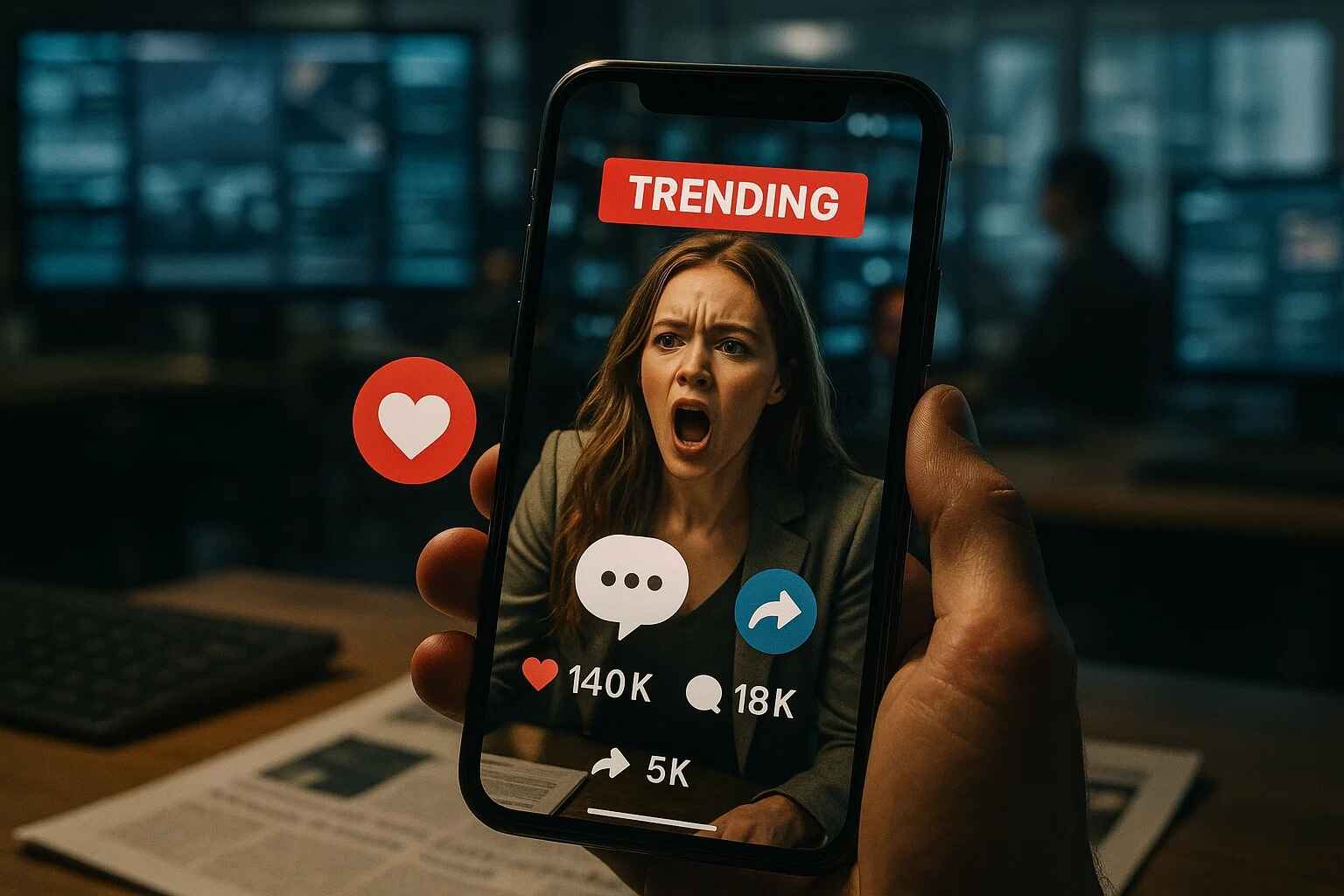Who Is Sophia Rosing?
Sophia Rosing became a name that sparked global conversation overnight, captivating the internet and media alike. From trending social media hashtags to heated debates, her story made waves far beyond her immediate circle. But who exactly is Sophia Rosing, and why has she become a prominent topic of discussion? This article peels back the layers, exploring the details, speculations, and lessons surrounding her rise to internet notoriety.
Whether you’re here to understand how one person can ignite widespread controversy or to analyze the cultural implications of her actions, this comprehensive piece delivers clarity, context, and critical insights into the story of Sophia Rosing. Beyond the headlines, we’ll dig deeper into the events, their aftermath, and the broader reactions from both public figures and everyday individuals worldwide.
By the time you finish reading, you’ll have a nuanced view of Sophia Rosing’s incident, the societal issues it highlights, and the reasons why her story remains a pivotal subject for discussion.
Now, let’s unpack everything you need to know about Sophia Rosing.
The Incident That Sparked the Spotlight
On [specific date], Sophia Rosing found herself at the center of an altercation that was captured and widely circulated online. The footage revealed a tense and emotionally charged situation, which many believe underscored pressing societal issues.
Key details about the event include:
- A confrontation involving Sophia Rosing and multiple individuals.
- Alleged verbal and physical interactions caught on tape.
- Immediate backlash, with thousands sharing and commenting on the video across social platforms.
The video quickly exploded, gaining millions of views and sparking heated debates across TikTok, Twitter, and YouTube. While the specifics of what escalated the situation remain contested, the footage itself fueled larger discussions about the implications of actions captured in digital spaces.
Cultural Reactions and Responses
The incident ignited a myriad of reactions:
- Public Backlash: Viewers criticized her words and actions, labeling them as reflective of larger societal issues.
- Discussions Around Privilege: Many commentators cited the incident as an example of unacknowledged privilege.
- Supporters and Critics: Alongside critics, a smaller voice of sympathizers emerged, questioning the framing of the viral footage.
What intensified reactions was the very public nature of the event and its swift sharing across the globe.
Understanding the Internet’s Viral Landscape
To grasp why Sophia Rosing’s story gained traction, it’s essential to understand how controversies go viral. Among the factors contributing to her internet fame are:
- Accessibility of Video Evidence: Viewers felt like first-hand witnesses to an unfiltered event.
- Emotionally Charged Content: Heated encounters naturally draw attention, especially when they invoke shock or anger.
- Relatable Themes: Issues surrounding privilege and power resonate deeply with a modern audience.
Amplification Through Social Networks
Social media algorithms prioritize engagement-driven content. Sophia’s story fit the bill, generating click-worthy, emotionally evocative reactions. Each share, comment, and retweet propelled the incident further into public consciousness.
The Role of Accountability and Responsibility
The public remains divided about how incidents like this should be addressed. For Sophia Rosing, accountability entered the forefront of discussions. Many argued for clearer consequences to discourage similar behavior, but others questioned the intensity of public shaming.
Key Takeaways on Personal Accountability:
- The past is permanent in today’s era of internet records.
- Retribution versus rehabilitation continues to spark debates.
- Public figures need to tread with care, especially when in the global spotlight.
The Psychological Toll of Internet Shaming
While Sophia Rosing faced justified consequences for her actions, the aftermath came with challenges. Public humiliation often leads to isolation, mental health struggles, and a lasting digital footprint.
Insights into Cancel Culture
Cancel culture remains a double-edged sword. For some, it’s a tool for accountability; for others, it’s an unforgiving crusade driving individuals to extreme emotional tolls.
A Broader Conversation About Privilege
Sophia Rosing’s story reignited a broader conversation about societal privilege. From access to opportunities to implicit bias, the discourse extended far beyond her individual incident.
Lessons Learned
Sophia’s story offers a chance to reflect on:
- The role of privilege in everyday interactions.
- How biases can shape behavior and perception.
- Making conscious efforts to bridge social divides.
Final Thoughts on the Viral Phenomenon
Sophia Rosing’s incident, while centered on one individual, became a cultural flashpoint. It highlighted the duality of the internet—a space for both connection and confrontation, education and misinformation.
Understanding these dynamics is key to shaping conversations and preventing similar scenarios.
FAQs About Sophia Rosing
Who is Sophia Rosing?
Sophia Rosing is an individual who gained media attention following a controversial incident that went viral online. Initial reports about her focused on the altercation seen in widely shared video footage.
Why did Sophia Rosing’s story go viral?
Her story captured public attention due to the emotional nature of the event, societal discussions it sparked, and its rapid distribution across major social platforms.
What societal issues are highlighted by her case?
Key takeaways include discussions surrounding privilege, accountability, and how digital platforms amplify individual actions for global scrutiny.
What lessons can we learn from her story?
The case emphasizes the importance of responsible behavior in public spaces, understanding societal dynamics, and approaching viral moments with nuance and empathy.
How does the public view her now?
Public perspectives vary. While some continue to criticize her actions, others advocate for measured responses, balancing accountability with an awareness of the human cost of public shaming.
Wrapping Up
Sophia Rosing’s story reflects more than a singular event—it embodies ongoing conversations about power, privilege, and accountability in the digital age. Hopefully, by confronting such stories with open minds and thoughtful analysis, society can progress toward more inclusive, empathetic spaces.

